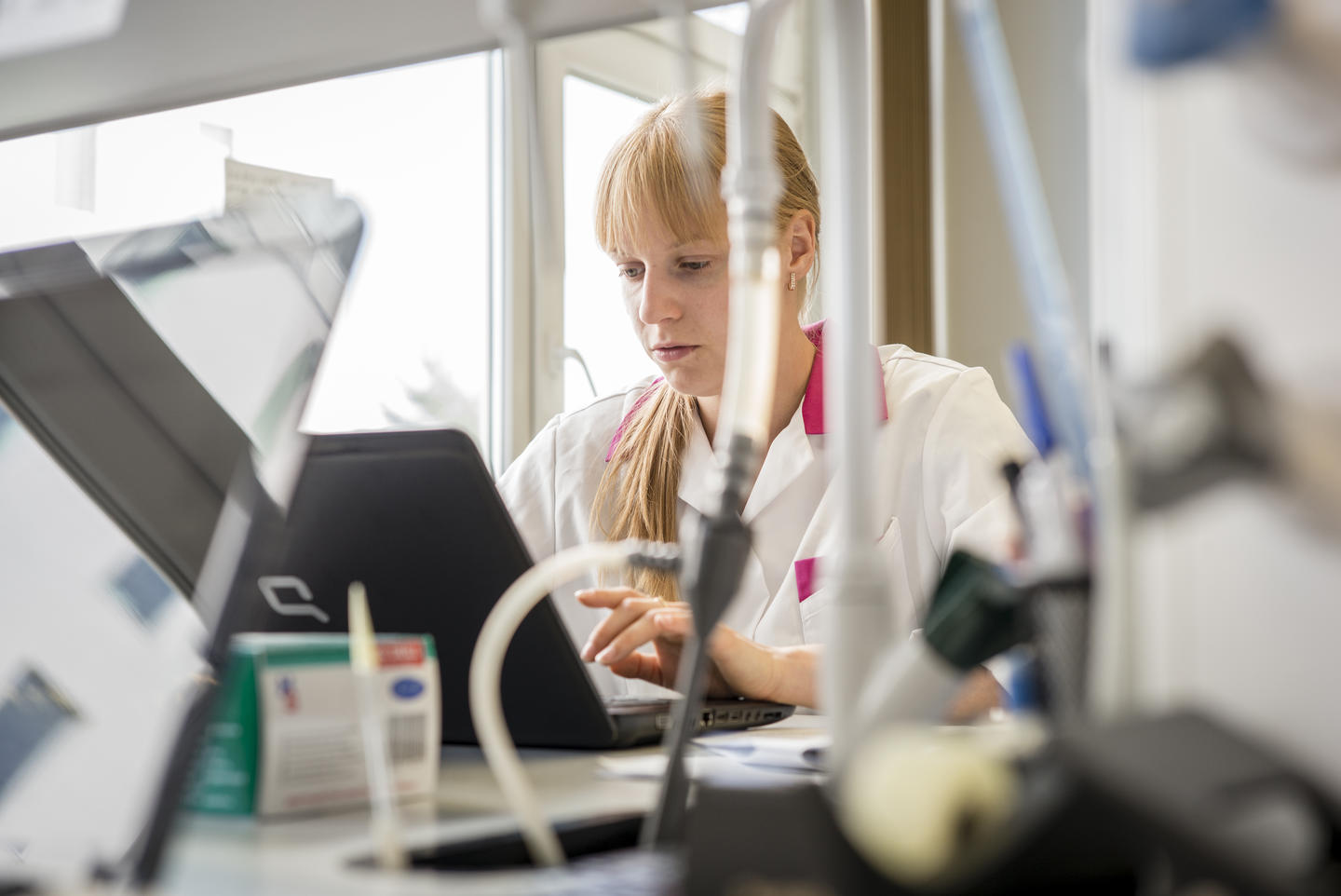Key information about the programme
- The programme is operated by: the Estonian Ministry of Education and Research.
- The Donor Programme Partners in this programme are: Research Council of Norway (RCN), the Norwegian Agency for International Cooperation and Quality Enhancement in Higher Education (Diku) and the National Agency for International Education Affairs (AIBA).
- The programme’s objective is: Enhanced research-based knowledge development.
- The programme funding (excluding co-financing) amounts to €7.1 million and is funded entirely by the EEA Grants.
Why is the programme needed?
Estonia, Latvia and Lithuania have agreed to establish a Baltic Research Programme in response to common challenges in the research sector. A novelty under the EEA and Norway Grants, the Baltic Research programme will support collaborative research projects between the Baltic countries and Norway, Iceland and Liechtenstein, with a view to building a regional research hub. Pooling resources will ensure stronger impact of the funding. The programme will stimulate strong and sustainable cooperation, complementarity, capacity and competence-building and to foster future research collaboration on EU and regional level. The funded projects will bring Baltic added value and involve PhD students and postdocs. In the case of Estonia, the programme will also support improved skills and competences of students and staff in higher education. In addition, two pre-defined projects will be supported; a visiting lectureship of Norwegian language at Tartu University and a project on inclusive education between Estonian and Norwegian partners.
What will the programme achieve and who are the beneficiaries?
In the Baltic Research programme in Estonia priority is given to the following research topics (1) Public health, translational medicine and health technologies, (2) Migration and social inclusion, (3) Regional cyber security and public security, (4) Environmentally friendly solutions, (5) Regional economic development, employment and labour market regulations and social policy, and (6) More effective use of resources. In higher education, the programme will support institutional cooperation projects and mobility projects between higher education institutions in Estonia and the Donor States. The projects will include activities such as curricula development, development and rollout of innovative teaching methods or materials.
In research the programme will support 25 researchers; publish 50 joint articles in peer-reviewed, scientific publications; 10 joint applications for further funding; and 3 joint registered applications for Intellectual Property Protection.
In higher education the programme will achieve 10 joint intellectual outputs (e.g. studies, curricula; teaching methods) created in cooperation projects, 110 higher education staff and 150 students participating in joint events; and 250 higher education staff partaking in professional mobility.
How will the programme strengthen bilateral relations?
The Baltic Research programme has a clear focus on strengthening bilateral relations between the Baltic and Donor States. All projects shall include partners from either Norway, Iceland and Liechtenstein. Bilateral cooperation enables the exchange of knowledge and expertise through long-term research cooperation and increased publication of joint publications and mobility of staff.
Research organisations, enterprises and public institutions who wish to participate can register in the partner search database for the EEA and Norway Grants maintained by the Research Council of Norway (RCN).
Availability of funding through open calls
The bulk of the funding under the Baltic Research programme in Estonia will be made available through one open call for research and three open calls for higher education. The open call for research closed on 31 January 2019 and the list of selected projects will be published end of August 2019. The second call of the Baltic Research programme will be published by Latvia in the third quarter of 2019. The final call of the programme will be published by Lithuania in 2020.
The open calls for higher education will be published annually between 2018-2020. The first round of calls closed April 2019. The remaining calls will be made available:
- Call 2 (improved skills and competences of students and staff in HE) – 2019
- Call 3 (improved skills and competences of students and staff in HE) – 2020
More information about the calls can be found on the website of the EEA and Norway Grants.
Download the full programme agreement for more detailed information about the programme.
More information can also be found on the website of the Estonian Research Council and the Archimedes Education Agency and the Donor Programme Partners webpages: RCN, Diku and AIBA.
